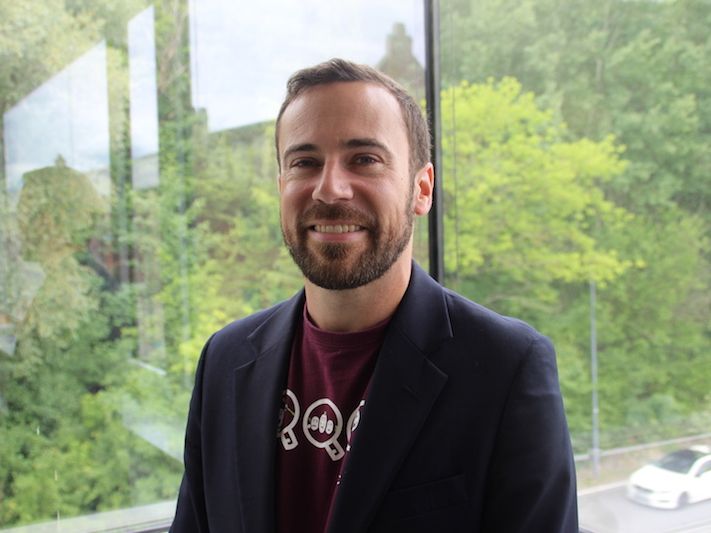Oculyze to develop innovative application for vintners
Advertisement
Oculyze today announced that it had secured a grant from the German Federation of Industrial Research Associations (AiF) to adapt its innovative yeast cell counting technology towards the needs of winemakers enabling them to accurately and instantly analyze yeast concentrations before and during the fermentation process. The project, jointly managed between Oculyze and the Weincampus Neustadt, is currently in the development phase and is expected to roll out through pilot customer testing during the second half of 2019.

Oculyze to develop innovative application for vintners
Oculyze
Announcing the grant, Kilian Moser, co-founder and Chief Executive Officer of Oculyze said:
“Following on from our business successes in 2018, I am pleased to accept this grant from the AiF, which helps reinforce our position as the world’s premier platform and go-to-brand for automated image analysis through the development of yet another innovation, this time geared towards vintners.
Whilst 2018 was one of the hottest and driest spring and summers on record in Germany, it proved to be both historic and fortunate for local winemakers with record harvests and an increase in wine production as compared to previous years. At Oculyze, we believe that the timing for the roll out of our latest innovation aptly titled Oculyze Fermentation Wine (FW), couldn’t be more opportune as our technology will help winemakers achieve the maximum potential out of their grapes in the coming season.
The Oculyze FW will be developed jointly with the Weincampus Neustadt, our partner in this venture and will come equipped with several new technological advancements. I take this opportunity to thank the AiF for their faith in our capabilities and their continued commitment and support towards promoting applied research and development overall in Germany, benefiting several small and medium-sized businesses.”
Speaking about the partnership Professor Dr. Maren Scharfenberger-Schmeer at Weincampus said:
“We are very pleased to have received this Grant jointly with Oculyze from the AiF helping bring the Oculyze FW to success. As professor for microbiology I always teach my students the importance of following the microbial activities during wine fermentation. However, most of the winemakers currently do not monitor the microorganisms due to time and cost reasons. Therefore I think it is a great opportunity to analyze the yeast dynamics by Oculyze FW during fermentation leading to higher process control and improved wine quality. Here at the Weincampus we have several years of experience in wine fermentation and strong connection with local winemakers. Therefore the results of this project, lead by microbiologist Dr. Kathrin Diesler, can be directly transferred to the wine cellar.”
Commenting on the new development, Dr. Ulrich Tillich, co-founder and Chief Technology Officer of Oculyze said:
“The German wine market is very liberal and produces close to a billion liters of wine a year, making it the tenth largest wine producing country in the world. A lot of emphasis is therefore placed on quality. The careful analysis of yeast before and during the fermentation process is critical to the quality and consistency of the wine making process enabling winemakers to detect any problems earlier.
This is where we can make a big difference and ensure consistency in the final deliverable through the use of our innovative technology. I am excited to begin working on this project and look forward to yet another successful roll out from Oculyze.”
The Weincampus Neustadt is a joint academic department at the University of Applied Sciences in Ludwigshafen am Rhein, Bingen and Kaiserslautern. The academic department offers the dual-study bachelor degree program “Viticulture and Oenology” and the part-time master’s degree program “MBA Wine, Sustainability and Sales”. It also conducts research in the fields of viticulture and oenology.
































































